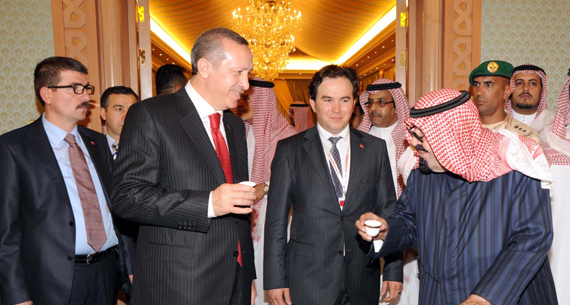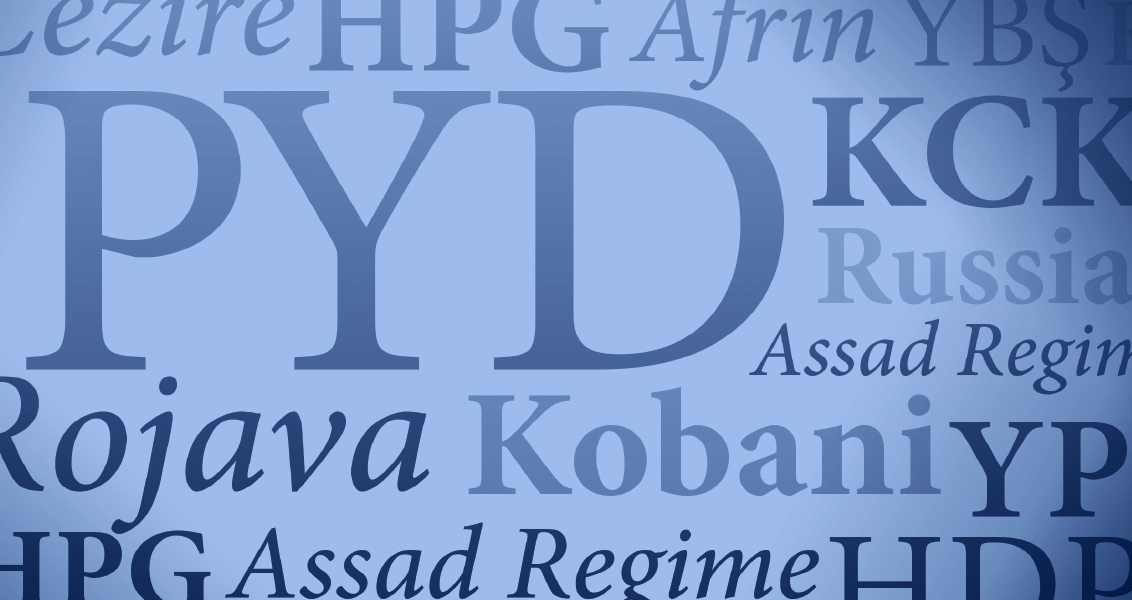When we consider Saudi Arabian large population, territories and natural resources, it is obvious that it will continue to preserve its geopolitical, geo-economic and geo-cultural importance in future. The assumption of King Abdullah as the ruler of the country provided an opportunity to restructure the country’s foreign policy. The new king began to follow a more pragmatic, rational, interdependent, multilateral and multidimensional foreign policy. He pursues an active foreign policy required to be less dependent on a single state (the United States) and on a single product (oil).
Due to their different regime types and ideologically-oriented foreign policies, relations between Turkey and Saudi Arabia did not progress throughout the 20th century. However, Ankara and Riyadh improved their bilateral relations during the AK Party government and the reign of King Abdullah. Parallel to its new foreign policy principles such as zero-problems with neighbors, maximum cooperation, pro-activism, rhythmic diplomacy, the AK Party improved its relations with Saudi Arabia. King Abdullah responded accordingly. In addition, recent developments such as the Arab revolts in the region push the two countries to improve their cooperation further.









